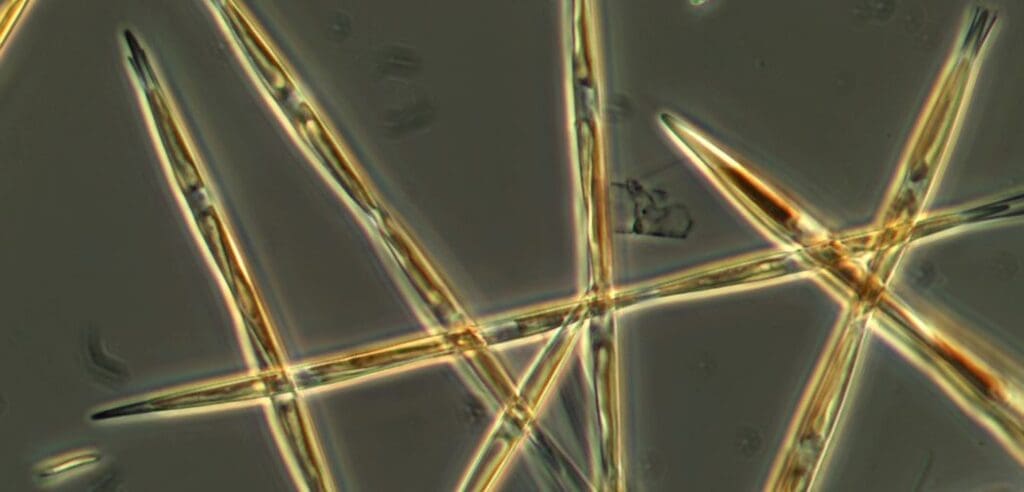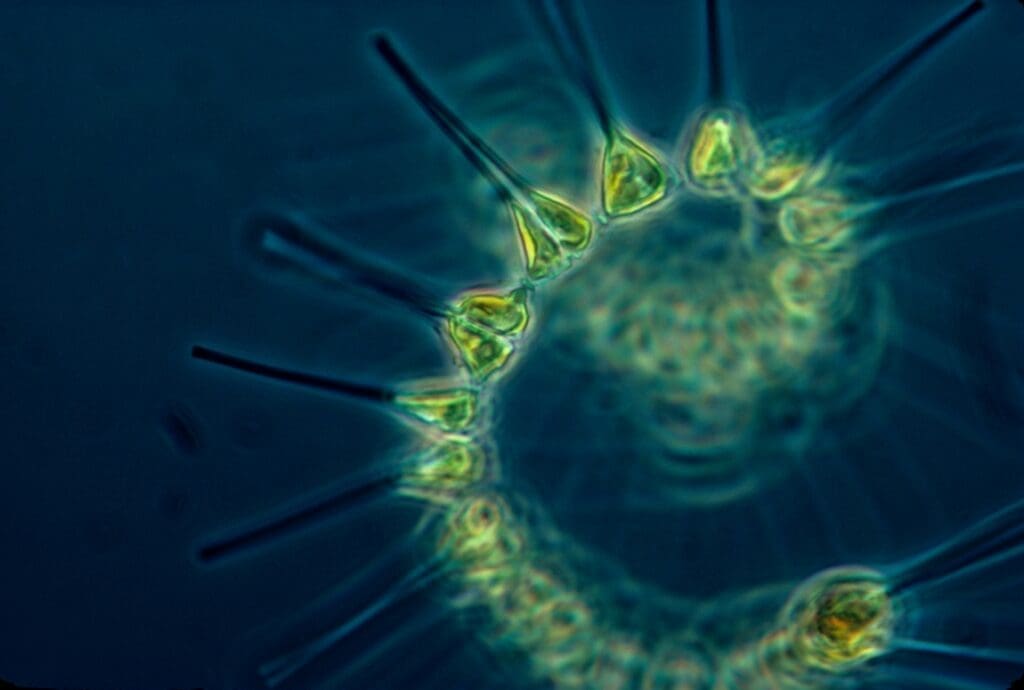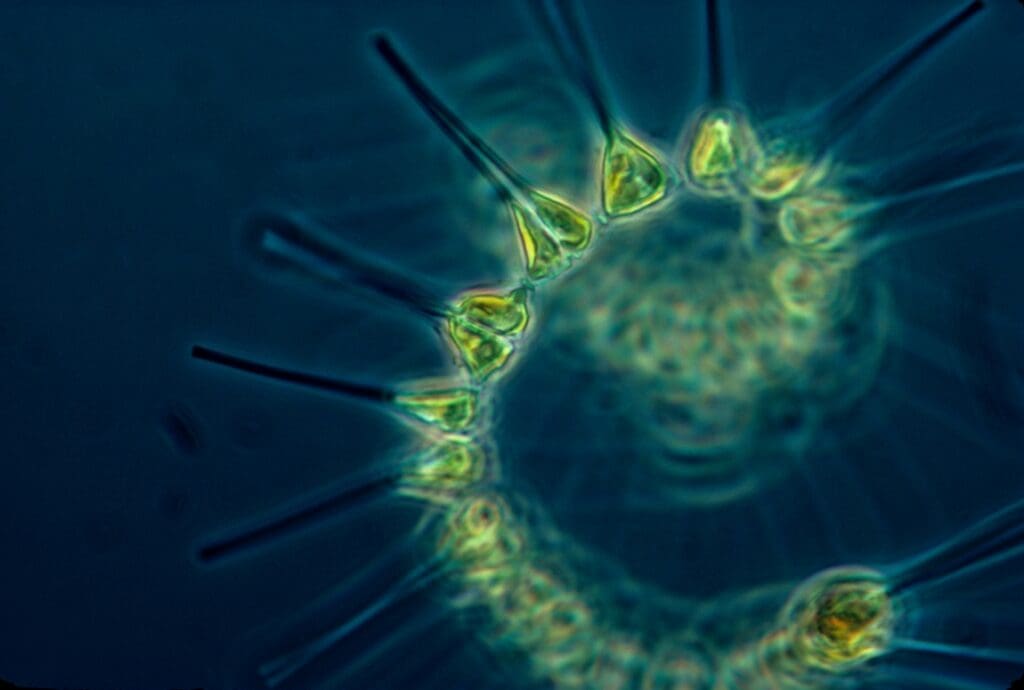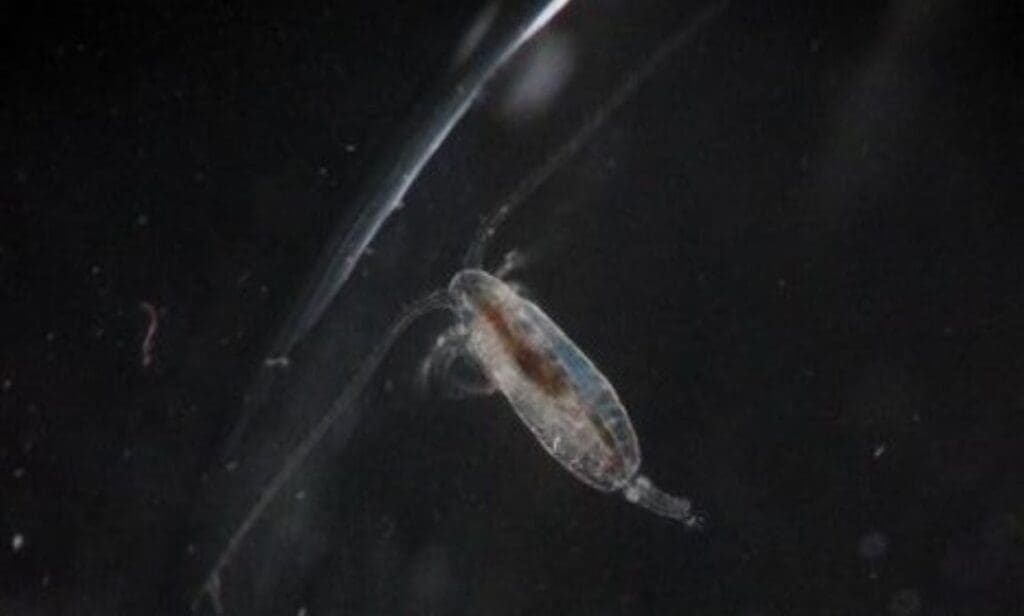Muser Press – New Research Articles Week 7, 2025Science Muser NewsDeskFebruary 16, 2025
Full article
Muser NewsDeskFebruary 16, 2025
Full article
Muser Press – New Research Articles Week 7, 2025
Discover the latest articles from leading science journals in the Muser Press weekly roundup, showcasing impactful research published this week. In brief: Phytoplankton use sunlight…
Mapping algae interactions to predict harmful algal bloomsScience SourceFebruary 9, 2025
Full article
SourceFebruary 9, 2025
Full article
Mapping algae interactions to predict harmful algal blooms
Summary New science helps demystify the frequent harmful algal blooms in the Pacific off the coast of Chile by studying how algae species interact with…
Plankton science: Balancing old and new technologiesScience SourceJanuary 30, 2025
Full article
SourceJanuary 30, 2025
Full article
Plankton science: Balancing old and new technologies
Pairing old and new technologiesQuotes from co-authors Enabling continued excellence in plankton science New imaging and molecular technologies are reshaping plankton research, offering faster and…
Winds and currents fuel equatorial Atlantic phytoplankton bloomScience SourceJanuary 8, 2025
Full article
SourceJanuary 8, 2025
Full article
Winds and currents fuel equatorial Atlantic phytoplankton bloom
The eastern equatorial Atlantic Ocean is home to a vibrant marine ecosystem that thrives on the supply of nutrients from the deep ocean. At the…
Microalgae use their light-sensing ‘eyes’ to navigate ocean depthsScience Muser NewsDeskDecember 19, 2024
Full article
Muser NewsDeskDecember 19, 2024
Full article
Microalgae use their light-sensing ‘eyes’ to navigate ocean depths
The tiny phytoplankton that drive oxygen production and carbon storage in Earth's oceans are revealing how they navigate their ever-changing underwater world. Diatoms are unicellular…
Zooplankton and clay dust offer a surprising solution to carbon storageScience Muser NewsDeskDecember 10, 2024
Full article
Muser NewsDeskDecember 10, 2024
Full article
Zooplankton and clay dust offer a surprising solution to carbon storage
Harnessing the natural appetites of zooplankton, researchers at Dartmouth College have developed an innovative way to accelerate the ocean’s capacity to store carbon, potentially advancing…
Image of the day: Summer phytoplankton bloom off Melbourne, AustraliaNews Muser NewsDeskDecember 5, 2024
Full article
Muser NewsDeskDecember 5, 2024
Full article
Image of the day: Summer phytoplankton bloom off Melbourne, Australia
A satellite image captured by Copernicus Sentinel-3 on December 3, 2024, reveals a sprawling phytoplankton bloom extending over 800 kilometers off the coast of Melbourne…
Oceans’ sulfur emissions reveal stronger climate-cooling effectsClimate SourceNovember 28, 2024
Full article
SourceNovember 28, 2024
Full article
Oceans’ sulfur emissions reveal stronger climate-cooling effects
New research has unveiled that oceans emit a sulfur gas produced by marine life in quantities that significantly enhance their climate-cooling impact, particularly over the…
Climate Science Digest: November 13, 2024Science Muser NewsDeskNovember 13, 2024
Full article
Muser NewsDeskNovember 13, 2024
Full article
Climate Science Digest: November 13, 2024
Air pollution exposure may be associated with eczema Data from hundreds of thousands of U.S. adults suggests that each zip code increase of 10 µm/m3…
Muser Press – New Research Articles Week 40, 2024Science SourceOctober 6, 2024
Full article
SourceOctober 6, 2024
Full article
Muser Press – New Research Articles Week 40, 2024
The impact of environmental shocks due to climate change on intimate partner violence: A structural equation model of data from 156 countries Climate change-related landslides,…
Arctic ice cores reveal global pollution’s hidden impactClimate Adrian AlexandreSeptember 25, 2024
Full article
Adrian AlexandreSeptember 25, 2024
Full article
Arctic ice cores reveal global pollution’s hidden impact
Researchers from Dartmouth College have uncovered how fossil fuel emissions have profoundly impacted the Arctic’s atmospheric chemistry. Their findings show that pollution reaches the region…
Warming oceans see growth of hidden phytoplankton forestScience Adrian AlexandreSeptember 25, 2024
Full article
Adrian AlexandreSeptember 25, 2024
Full article
Warming oceans see growth of hidden phytoplankton forest
As oceans warm, a hidden world of phytoplankton is flourishing beneath the surface, according to new research. These microscopic organisms, vital for life on Earth,…
Climate change may cause lake phytoplankton to become predatory, putting more CO2 into the atmosphereClimate SourceJuly 12, 2024
Full article
SourceJuly 12, 2024
Full article
Climate change may cause lake phytoplankton to become predatory, putting more CO2 into the atmosphere
Energy transformersPredatorial plantsDual strategiesAccelerating climate change By Beatrix Beisner | The Conversation - Plankton — tiny organisms that are present in salt and freshwater — account…
How heatwaves are affecting Arctic phytoplanktonClimateScience SourceMay 17, 2024
Full article
SourceMay 17, 2024
Full article
How heatwaves are affecting Arctic phytoplankton
By Alfred Wegener Institute, Helmholtz Centre for Polar and Marine Research The basis of the marine food web in the Arctic, the phytoplankton, responds to…













